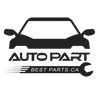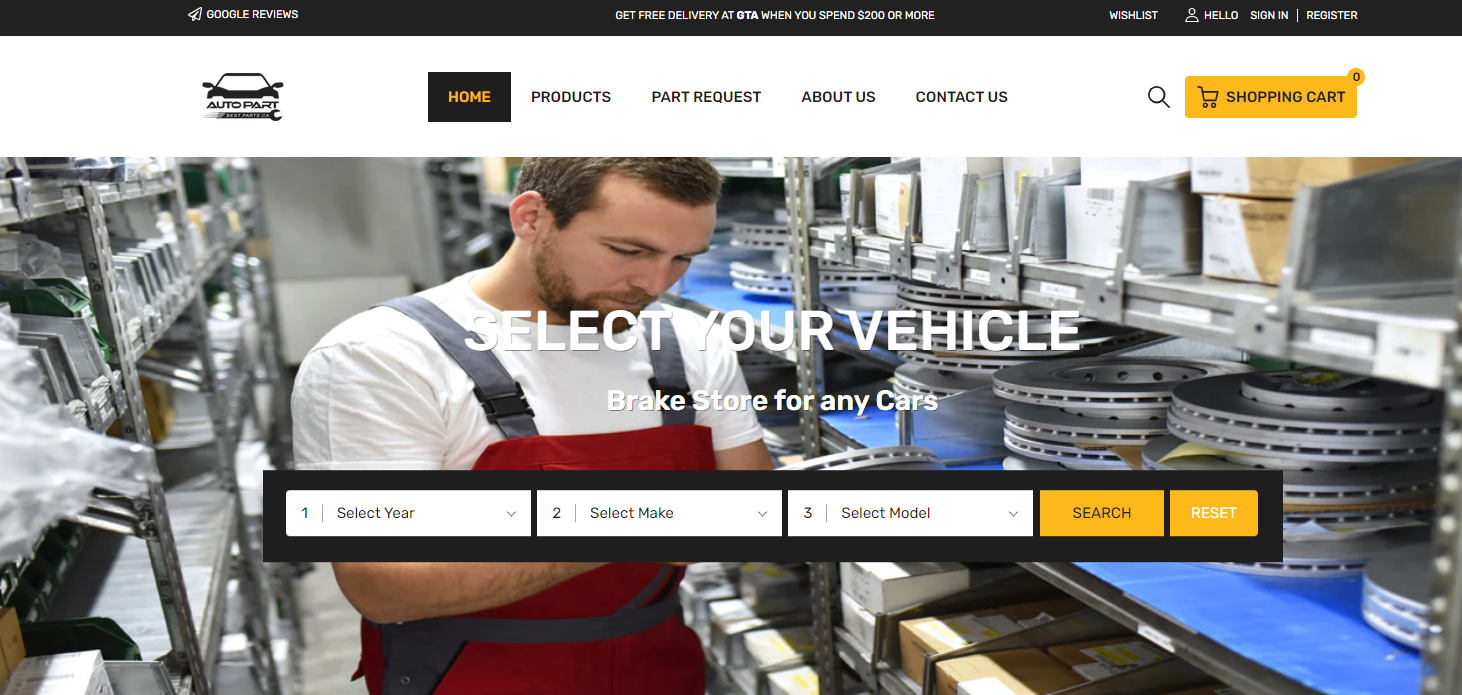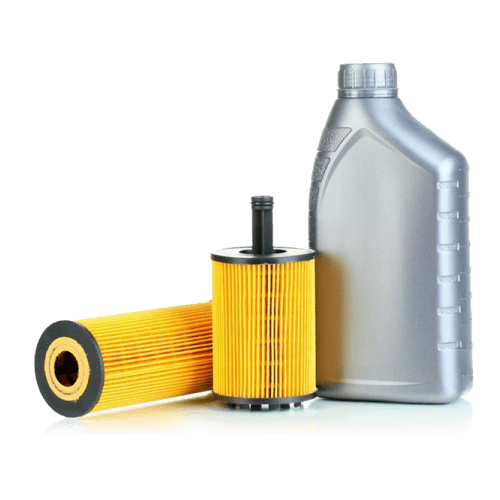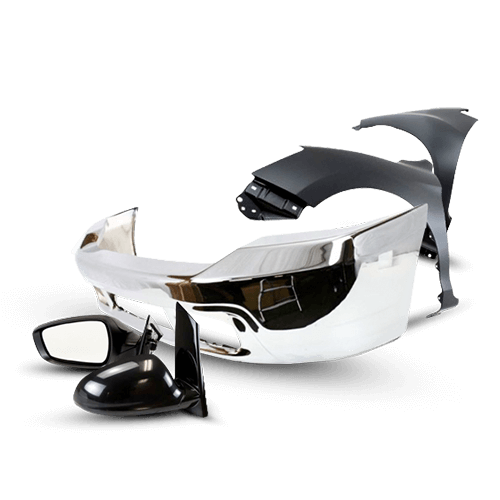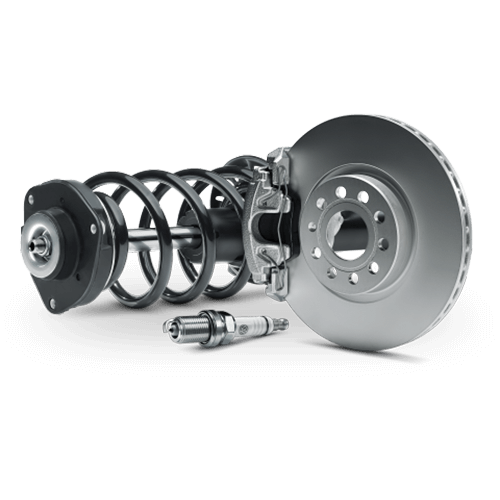
Essential Maintenance Tips for Your Car Using Aftermarket Parts
As a car owner, maintaining your vehicle is crucial to ensure its longevity, performance, and safety. While many people rely on original equipment manufacturer (OEM) parts, the aftermarket auto parts industry has evolved significantly, offering high-quality, cost-effective alternatives that can be just as reliable. In this blog post, we'll explore essential maintenance tips for your car using aftermarket parts.

Understanding the Aftermarket Parts Landscape
The aftermarket auto parts industry has grown exponentially in recent years, providing car owners with a wide range of options beyond OEM parts. Aftermarket parts are designed to meet or exceed the quality and performance of their OEM counterparts, often at a more affordable price point. These parts are manufactured by reputable third-party suppliers, ensuring they meet or exceed safety and reliability standards.
One of the key advantages of using aftermarket parts is the cost savings. OEM parts can be significantly more expensive, especially for older or less common vehicle models. Aftermarket parts, on the other hand, are typically priced lower, allowing car owners to save money on maintenance and repairs without compromising quality.
Routine Maintenance with Aftermarket Parts
Regular maintenance is the cornerstone of keeping your car in top condition. From oil changes to brake pad replacements, using high-quality aftermarket parts can help you maintain your vehicle's performance and extend its lifespan.
Oil Changes
Changing your car's oil at the recommended intervals is essential for engine health. When it comes to oil filters, aftermarket options are often just as reliable as OEM filters, but at a lower cost. Look for aftermarket oil filters that meet or exceed the specifications of your vehicle's manufacturer.
Brake Maintenance
Brakes are a critical safety component, and it's important to maintain them regularly. Aftermarket brake pads and rotors can provide the same level of performance as OEM parts, often at a more affordable price. When selecting aftermarket brake components, ensure they are compatible with your vehicle and meet or exceed the manufacturer's specifications.
Suspension and Steering
The suspension and steering systems play a crucial role in your car's handling and ride quality. Aftermarket shocks, struts, and tie rods can be a cost-effective way to maintain these systems. Look for aftermarket parts that are designed to match or exceed the original equipment's specifications.
Electrical Components
From batteries to alternators, electrical components are essential for your car's proper functioning. Aftermarket electrical parts, such as batteries and spark plugs, can provide reliable performance at a lower cost compared to OEM options.
Choosing the Right Aftermarket Parts
When selecting aftermarket parts for your car, it's important to do your research and choose reputable brands. Look for parts that are designed to fit your specific vehicle model and year, and ensure they meet or exceed the manufacturer's specifications.
It's also a good idea to consult with a trusted mechanic or parts specialist to ensure you're selecting the right aftermarket parts for your needs. They can provide guidance on compatibility, quality, and installation, helping you make an informed decision.
Maintaining Your Car's Value
By using high-quality aftermarket parts for your car's maintenance and repairs, you can not only save money but also help maintain the vehicle's value. Well-maintained cars with a documented service history tend to hold their value better than those with a history of subpar repairs or questionable parts.
Conclusion
Maintaining your car with aftermarket parts can be a smart and cost-effective way to keep your vehicle running smoothly. By understanding the benefits of the aftermarket parts industry and following essential maintenance tips, you can ensure your car's longevity, performance, and safety. Remember to always prioritize quality and compatibility when selecting aftermarket parts, and consult with a professional if you have any doubts or concerns.
